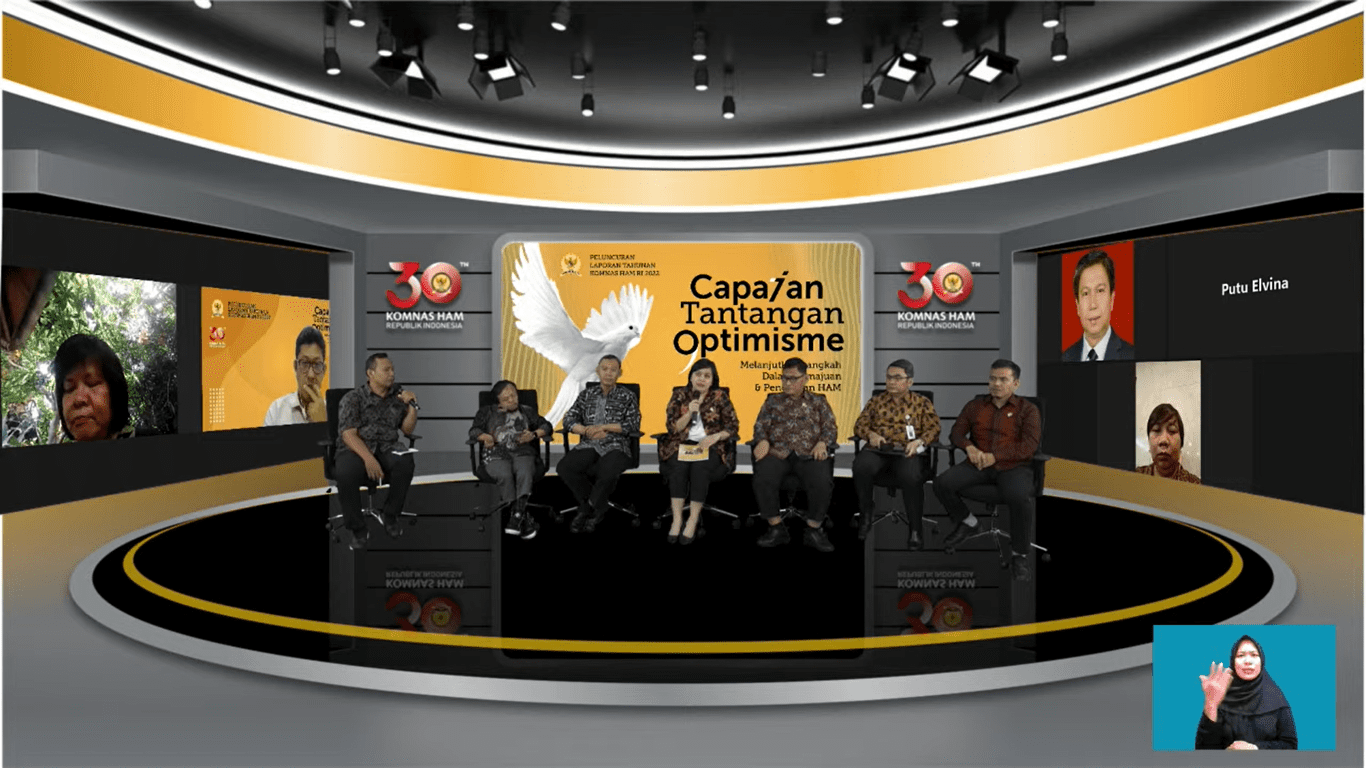Jayapura, Jubi – The National Human Rights Commission (Komnas HAM) noted that throughout 2022, there were at least 46 cases of violence in Papua. Komnas HAM continues to encourage various efforts to resolve violence in Papua, including through peaceful dialogue.
The coordinator of the Human Rights Enforcement Subcommission, Uli Parulian Sihombing, said that various cases of violence had caused 63 deaths and 82 injuries. The 2022 Annual Report of Komnas HAM shows that the incidents are detected in a number of areas that have long been vulnerable, namely Intan Jaya, Timika, Yahukimo, Puncak and Paniai regencies. Sihombing said the conflicts were between the West Papua National Liberation Army (TPNPB) and the Indonesian Military (TNI) and Police, as well as between civilians.
Sihombing said many factors trigger violence in Papua. She cited, for example, the mass rampage on February 23 this year that killed two civilians and led to shootings that killed at least ten civilians in Wamena, the capital of Jayawijaya Regency, Mountainous Papua Province. According to Komnas HAM analysis, the conflict was triggered by economic inequality, disinformation about child abduction, and sentiment between Indigenous Papuans and non-Papuans.
“Finally, we conducted an investigation to monitor the riots in Wamena. Those factors triggered the violence in Wamena. We encourage recovery efforts following the violence and human rights violations in Papua,” Sihombing said in an online discussion on the launch of Komnas HAM’s 2022 Annual Report on Wednesday, April 12, 2023.
Komnas HAM chair Atnike Nova Sigiro said that resolving human rights violations in Papua was a priority issue for Komnas HAM 2022-2027. She said that Komnas HAM continued to monitor and analyze the development of human rights situations, armed conflicts, and violence that deprive people of their social, cultural and economic rights in Papua.
Atnike said Komnas HAM also monitored and encouraged law enforcement in handling cases of violence in Papua, as well as seeking to open dialogue and communication between the community, local government, central government and law enforcement officials.
“The dialogue must be able to contain aspirations related to human rights protection. That is what we encourage in responding to the human rights situation in Papua,” she said. (*)













